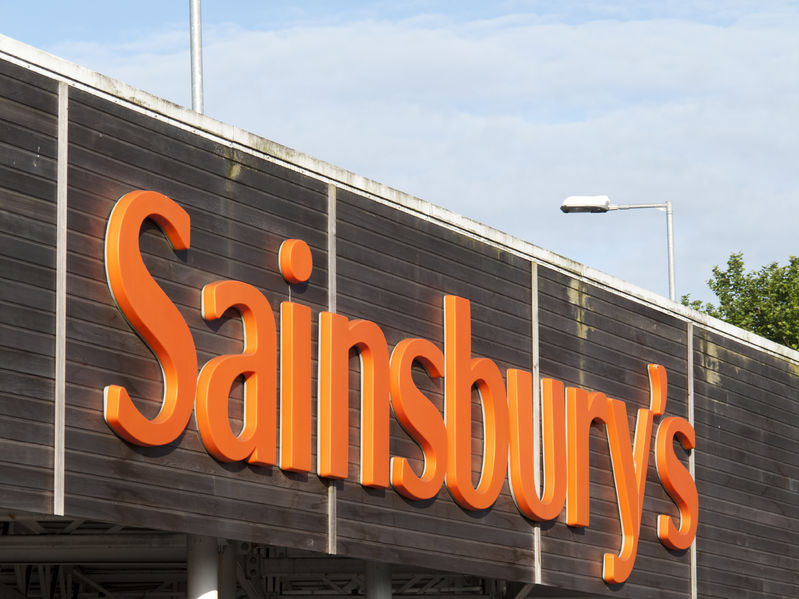Asda and Sainsbury's merger to bring lower grocery prices

Two of Britain's biggest supermarkets have confirmed they will merge to create the country's largest retailer.
The deal between Asda and Sainsbury's will create a grocery giant overtaking Tesco as number one in the sector, with combined revenues of £51bn.
The two retailers have promised to slash prices on products by up to 10%, if their merger goes through.
The farming industry will view news of price cuts as a huge worry, with many in the industry already battling through poor financial returns.
Share prices of major food suppliers such as Premier Foods, Greencore, Cranswick and DairyCrest are down following the announcement.
There are also concerns the merger could affect small independent retailers and businesses, with some facing possible closure due to increased market dominance the merge could bring.
The Federation of Small Businesses highlights that small suppliers may be forced to accept unfair contracts and poor payment terms.
'More for less'
NFU President Minette Batters reiterated these concerns, and said the Competition and Markets Authority (CMA) “must take into account the impact of changes to supplier arrangements that could give rise to reductions in choice.”
The price drop promise has "angered" the National Sheep Association (NSA). The organisation says that while the comments do not specifically mention lamb, the overall message of retailers expecting more for less from its food suppliers means the squeeze will get tighter.
NSA Chief Executive Phil Stocker says: “This loss of competition in the marketplace, and an increased imbalance in the supply chain, cannot be in the long term interests of food producers, nor in my mind of society at large.
“It may result in reduced prices, but all this will lead to is less realisation of the value of food and a host of things being lost that may be invisible today but will become very visible at some stage in the future.
“If we end up putting pressure on the bulk of our sheep farming families and businesses we will end up with a very different countryside and rural community – and the danger is that it won’t be noticed until it is lost.”
'Greater contributor'
However, Sainsbury’s chairman David Tyler has argued that the deal is good for the UK.
"As one of the largest employers in the country, the combined business will become an even greater contributor to the British economy. The proposal will bring together two of the most experienced and talented management teams in retail at a time when the industry is undergoing rapid change," Mr Tyler explained.
"We welcome Walmart as a significant shareholder and look forward to working closely with them."
It has been confirmed there will be no job losses and no plans to close any Sainsbury's or Asda stores. However, several experts believe store closures are inevitable.
The deal is expected to need approval from the CMA given the size of the two supermarkets.








